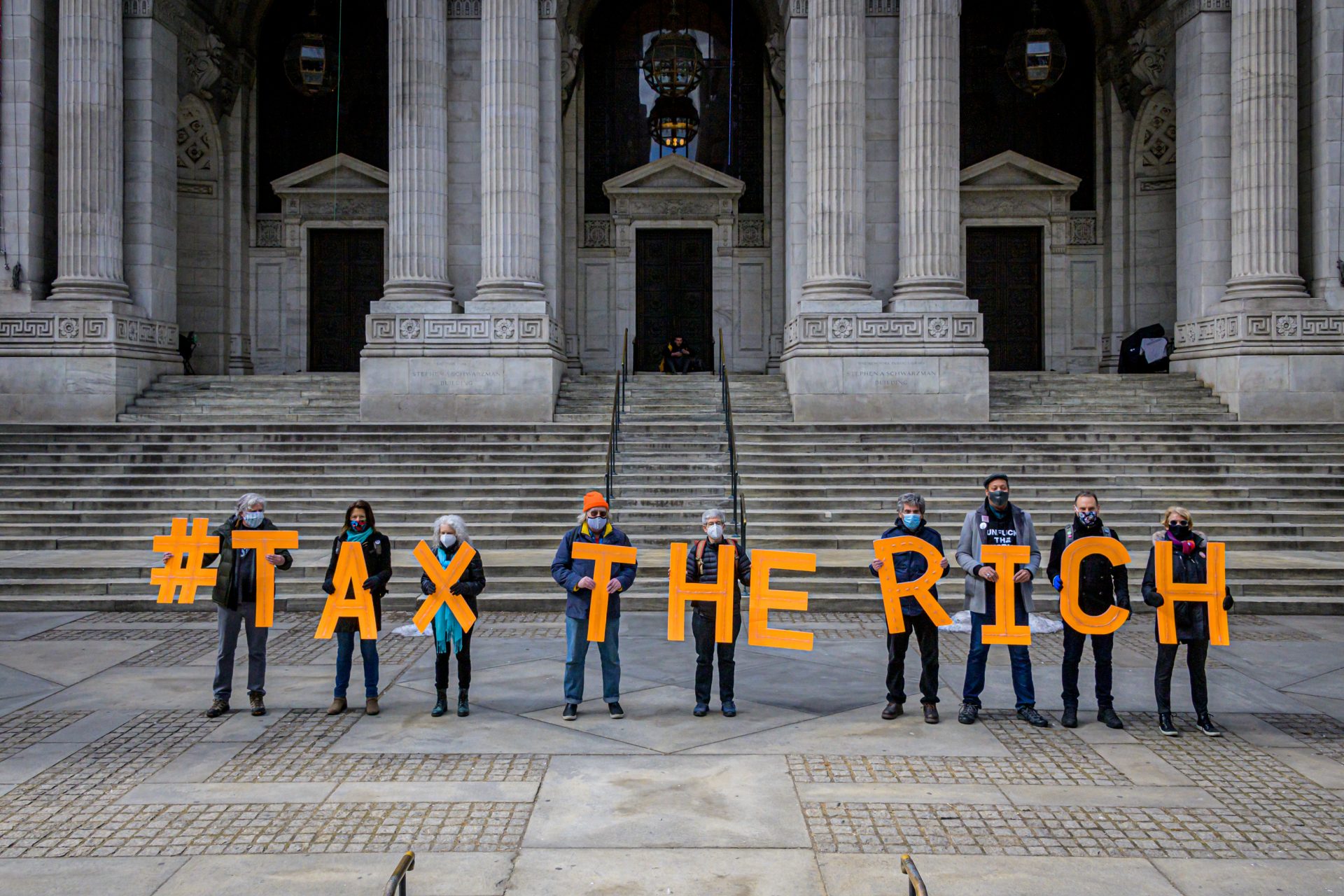Should the inheritance tax be eliminated in Europe?
Benjamin Franklin's famous assertion that "Nothing is certain except death and taxes" underscores the inevitability of both. Yet, while death is unavoidable, the imposition of a tax upon it is not.
As highlighted by EuroNews, the inheritance tax, viewed as the first widespread modern tax, proliferated globally by the early 20th century, often implemented to fund wars or mitigate economic downturns.
However, by the end of the century, it had fallen out of favor in the more than 60 countries globally where it was enforced, such as in the United States, as countercultural movements influenced tax policy. According to The Guardian, some European countries, like Austria and Slovakia, even abolished it outright in the early 2000s.
Despite the popularity of movements like 'Tax the Rich, ' moves to facilitate intergenerational wealth transfers have faced less resistance, and citizens in many European countries are fed up with their inheritances being taxed.
Polls in the UK, France, and Spain reveal significant public support for scrapping inheritance tax despite its direct impact affecting a small percentage of estates.
According to the BBC, a YouGov poll in the United Kingdom found that 56% of Brits would like to get rid of inheritance taxes; in France, an Ipsos survey in 2023 found that 26% of French disagreed with taxing inheritances.
Furthermore, according to a BBVA Foundation poll conducted in Spain, 61% of Spanish respondents said they were against the inheritance tax.
Experts attribute the disdain for inheritance taxes to individuals' egocentric views, as many mistakenly believe they'll inherit enough to surpass tax thresholds. However, perceptions often differ from reality, as explained by David Sturrock from the Institute for Fiscal Studies, who highlights the emotional nature of the "death tax" debate and its moral dimensions.
David Sturrock, Senior Research Economist at the Institute for Fiscal Studies, told Euronews Business, "There is a difference between perception and reality in terms of who thinks they might have to pay tax, and who pays tax in the end."
On the other hand, critics like Stuart White from Oxford University argue that abolishing inheritance tax perpetuates unjust class privilege, entrenching social inequalities by allowing wealth to be inherited rather than earned.
White told EuroNews, "The call to abolish inheritance tax is simply about the protection of unjustified class privilege. Allowing the inheritance of wealth to be determined only by the accident of which family someone is born to … is consequently terrible for equality of opportunity and personal freedom."
The increasing value of bequests, driven by rising asset prices, exacerbates wealth disparities, challenging the notion of meritocracy. As highlighted in an article on "death tax" in The Guardian, while inheritances are often received later in life due to increasing life expectancy, financial gifts during a donor's lifetime can have transformative effects, further contributing to inequality.
Many European countries limit tax-free gifts during one's lifetime to prevent wealth offloading before death. However, loopholes persist, disproportionately affecting the middle class compared to the wealthy.
Former European Commission President Roy Jenkins famously described inheritance tax as a "voluntary levy," suggesting it's a choice made by those who distrust their heirs more than they dislike the tax authorities.
Attempts to strengthen the inheritance tax face political resistance and moral scrutiny, with critics arguing that it may not significantly impact overall inequality. Wealth transfers earlier in life and the transmission of cultural capital through generations pose greater challenges to achieving equality.
Closing loopholes and broadening the tax base could mitigate tax avoidance and reduce wealth transfers, but political feasibility remains uncertain. Ultimately, despite the viewpoints of many Europeans, the death tax likely will not disappear anytime soon.
More for you
Top Stories





























